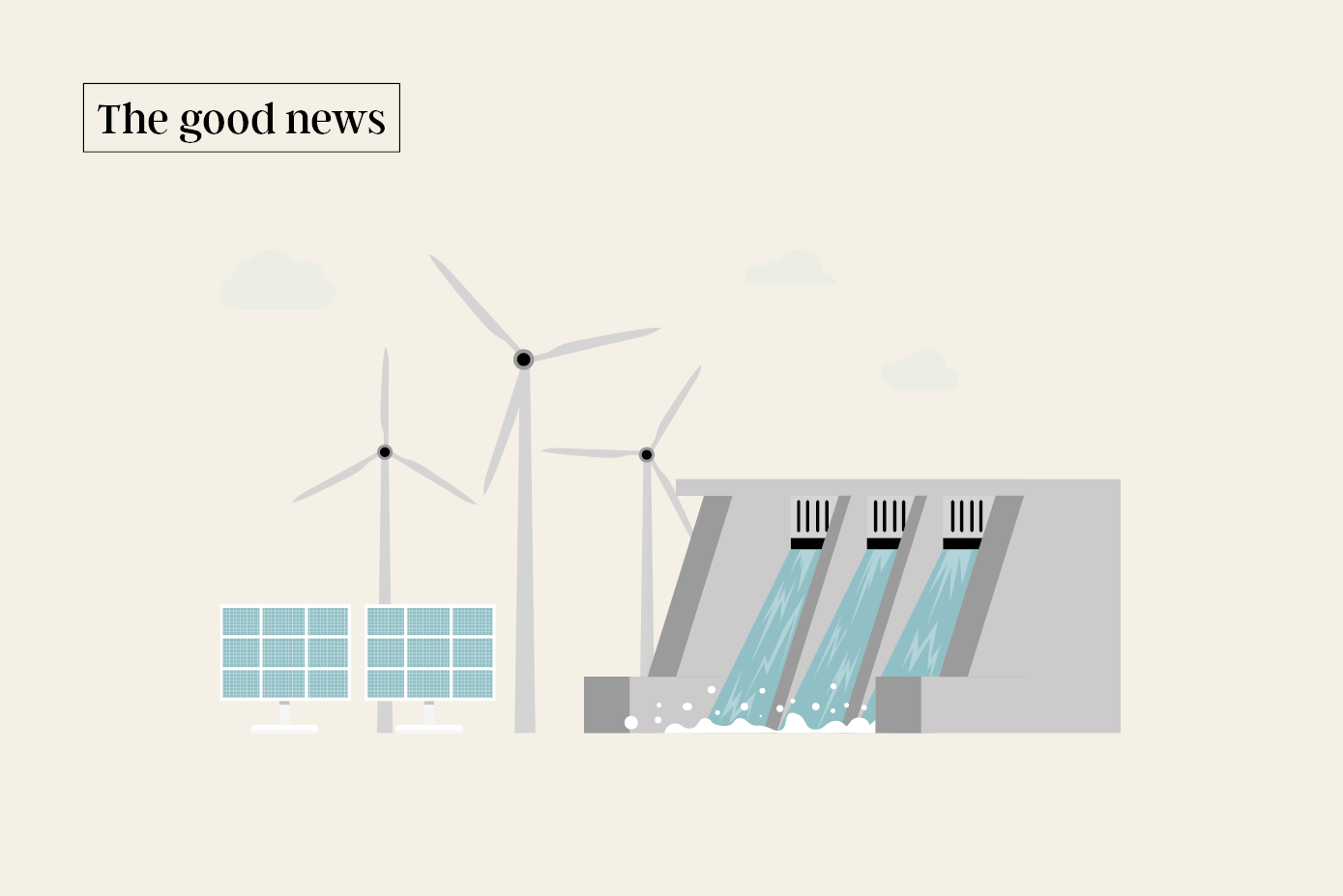Freedom of the press
Good journalism helps build institutions
What role does the freedom of the press play for a given society’s successful development?
Freedom of the press is a crucial pillar of democracy, and it is very important for a well-functioning economy. Free and responsible media promote better administration and governance by informing their audience about decisions and decision-making processes, critically analysing social processes and contributing to shaping opinions freely. The media serve a watchdog function, and enable the people of a country to make informed decisions, for instance, in elections.
And what is the economic dimension?
As the basis for sound decision-making, reliable information is of enormous significance for markets and their healthy growth. Consider simple prices for agricultural products and food, which are relevant for both farmers and the consumers, or those for more expensive consumer goods, right on through to commodity prices, stock-market data and detailed balance sheets, on the basis of which investors decide. Besides, politics and business are no isolated realms, as the key word corruption, in itself, makes evident. Essentially, one factor to determine the expansion of markets is always whether the government reliably enforces certain rules – concerning property rights, for example. Foreign investors, in particular, pay special attention to such matters. Their perception of the economic environment depends not least on stable and predictable circumstances, and on whether matters can be discussed openly and freely.
Not all countries that develop successfully and attract foreign investment, however, are democracies according to the western understanding of the term. China is the most prominent counter example.
Where there is no democracy, there obviously are no democratic controls either. Nevertheless, the media do not become insignificant just because they are unable to completely fulfil all functions they should serve. There is far more transparency in China today than was the case during the Mao period. Otherwise, there would be no operational capital market, for instance, nor would it be able to expand further. This sense of transparency is still quite limited, but it may well prove a precursor to further opening and liberalisation in future. We therefore consider it worthwhile to provide advanced training even to journalists from countries in which there is currently no freedom of the press. At very least, they will gain an understanding of what might be possible in their home country, and of what is considered normal elsewhere.
As a general rule, radio programmes reach more people in developing countries than the press. This is especially true where there is a high rate of illiteracy. With respect to poverty reduction, wouldn’t it make sense to focus entirely on radio’s role for development purposes?
No, and for several reasons not. Firstly, experience shows that many people turn on the radio because of the music and not so much because of the informative content. This is true in both poor and rich countries. Secondly, newspapers all around world, including in developing countries, reach decision-makers at mid- and higher levels, whether in government bodies, non-governmental organisations or private-sector enterprises. Print media are simply better suited to present and analyse complex issues. That is one of the reasons why, thirdly, the makers of radio and TV programmes often lean on the work of their colleagues in the print media. In African countries, it is even common to read from newspapers on radio programmes. One must not under-estimate the multiplier effect of the press.
Even in rich countries, professional circles are concerned about the future of quality newspapers. Many respected publications are experiencing economic problems. On the other hand, even renowned papers such as the Süddeutsche Zeitung in Germany or the New York Times in the USA have been rocked by scandals over articles that reporters had simply made up themselves.
Such concerns are justified. Print media are now struggling with new competition from the internet. Circulations are declining, and advertising is shifting to the web. In the past six years, quite a number of jobs in editorial offices have been axed, and cuts have been made everywhere. Offices abroad have been closed, and travel budgets slashed. In the end, of course, doing so must affect the quality of research and reporting. Having a permanent office somewhere is, of course, quite different to flying in an occasional reporter to do some research. Often, these colleagues lack the contacts to gather the really relevant information and to develop a real understanding of what is going on. Under these conditions, it has become more difficult to present complex issues in a way that is interesting enough to attract the public’s attention. Consequently, important topics are sometimes ignored by readers.
Please give an example.
Let’s look at what is happening on our own doorstep. There is certainly some substance to the view that the process to establish a European Consitution would have run more successfully, if only the media had reported on the EU more competently. However, the EU makes regulations binding for all of Europe, and the member countries’ media do not cover these matters with anywhere as much attention as they dedicate to national politics. That has several reasons. For example, in contrast to the EU, there are hardly language problems in national politics. Furthermore, the roles of the government and opposition are clearly defined, and the parties on both sides feel a natural need to express their views, making a correspondent’s job easier. Moreover, it is symptomatic that schools in all member states teach their studens something about the political system they grow up in. The EU is dealt with much later in the curriculum, and to a much lesser extent. So you do not have to look south of the Sahara to understand just how difficult it is to build new, stable and generally accepted institutions – and how much the media can contribute to doing so successfully.
So does the IIJ contribute to building institutions?
That is our point of reference, at very least. In our courses, we discuss what purposes certain institutions serve, how they operate and where reporters can systematically obtain information on current developments. In this respect, we support our colleagues in better fulfilling their socio-political duties.
Again, please give a tangible example.
Every year, among other activities, the IIJ organises a two-week training course for West-African journalists in Ghana. The subject is ECOWAS, the Economic Community of West African States. The courses have 15 participants from ECOWAS member countries. The history and the future plans of ECOWAS are on the agenda, as are decision-making bodies and the rules that guide them as well as the implementation of policy. We scrutinise what role ECOWAS plays in world trade – for example in relation to the EU or the USA, but also issues of security, given that there are a number of fragile states in this region. Not least, we feel it is important that journalists from the different member countries form networks with one another – transcending the anglophone-francophone divide. Such trans-border networks will be decisive for letting the ECOWAS project succeed in the long run. Our course, at least, has been running successfully for years. The editors in chief of various newspapers continue to send us new participants because they know that the work of the colleagues they sent before improved.
Do craft skills – let’s say writing news items or conducting interviews – also play a role?
Our focus is clearly issue-based. We concentrate on politics as well as commerce and industry. We impart specialist knowledge for discerning reporting. However, carrying out practical tasks of course presents the opportunity to exercise professional skills. Some participants may well be faced with the question of how, for example, stock exchange information can be packaged into a tidy news article, or how, in a manner of speaking, it is possible to tie an interview partner down to a response. In this context, technical issues always crop up spontaneously.
Interview by Hans Dembowski.







